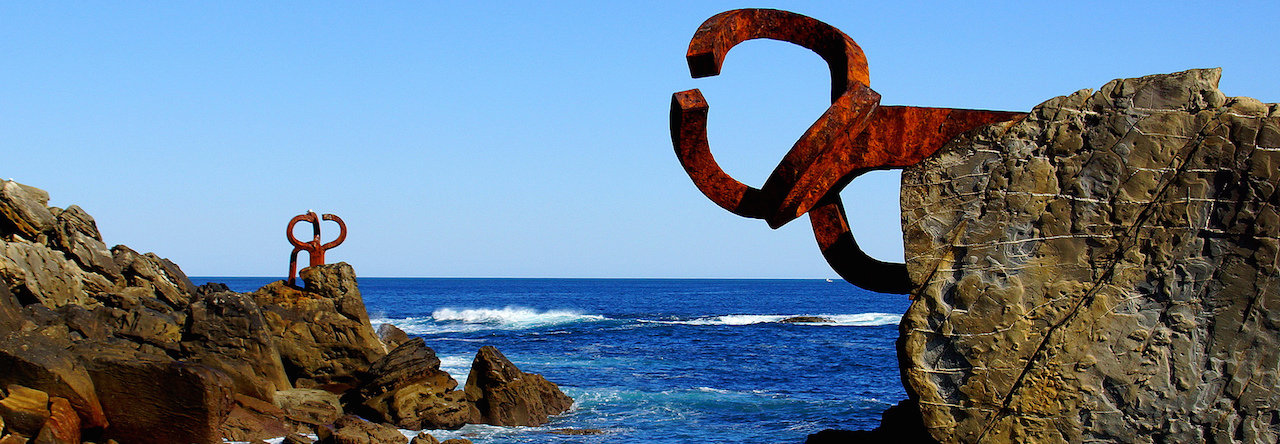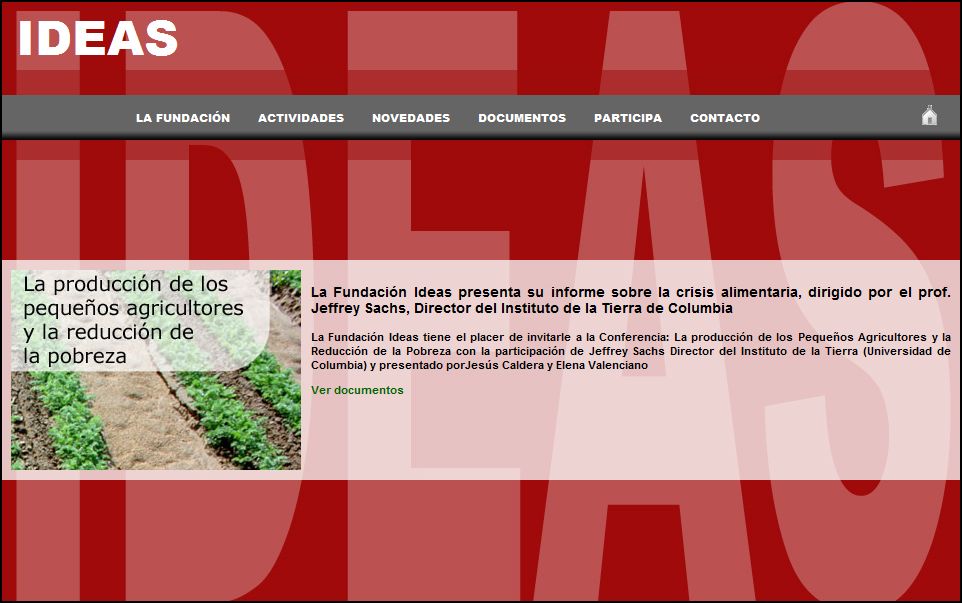
As Developing Economies growth, they are reducing the distance in standard of living and in the competences of their workers. Western countries have taken advantage of better education in the last 50 years, but the situation is changing. Now there are more people in higher education in some developing countries than in Western States. It means that those countries could be more competitive and will offer a better standard of living in the near future. The question in the next years is whether we are witnessing a fierce competence between Western and Developing countries or the setting up of cooperation as the main relationship between knowledge workers of one side and the other.
This thinking has an interesting argument in a recent report from the Copenhagen Institute for Futures Studies. In Global knowledge work up to 2020, the authors present two possible scenarios in 2020 for knowledge workers. The first of them shows that Western countries will lose their prominent position in favour of Developing countries knowledge workers. The second one, more positive, points out a situation where knowledge workers of different countries will be obligated to cooperate. They explain that the best advances in knowledge economy in the last years have been promoted by groups of workers cooperating from different companies and countries.
During the last five years, London Business School has carried out a number of studies that show that the value in companies, organizations and business is not created by the individual knowledge worker working in isolation. Value is created in teams, project groups, work groups and in communities with a co-operative mindset. Development and more radical innovations also thrive best in co-operative and trustful environments. Based on this perspective, it will make more sense in the future to measure competitiveness in relation to a team or a given community.
Authors of the report hope that the second scenario will win in the 2020 environment. I can agree with that position if we are able to fight against economic nationalism and can stop the isolation policies that are emerging in international relations.

 However, the crisis has showed that a public protection model works to assure the basic services to all citizens. The costs of the system grow and grow but it is evident its value in hard times. Solidarity organised through the State helps to facing better the negative consequences of the crisis. I cannot argue that it is the best way to maintain a social protection network, but nobody has invented anything better in the las fifty years.
However, the crisis has showed that a public protection model works to assure the basic services to all citizens. The costs of the system grow and grow but it is evident its value in hard times. Solidarity organised through the State helps to facing better the negative consequences of the crisis. I cannot argue that it is the best way to maintain a social protection network, but nobody has invented anything better in the las fifty years.
